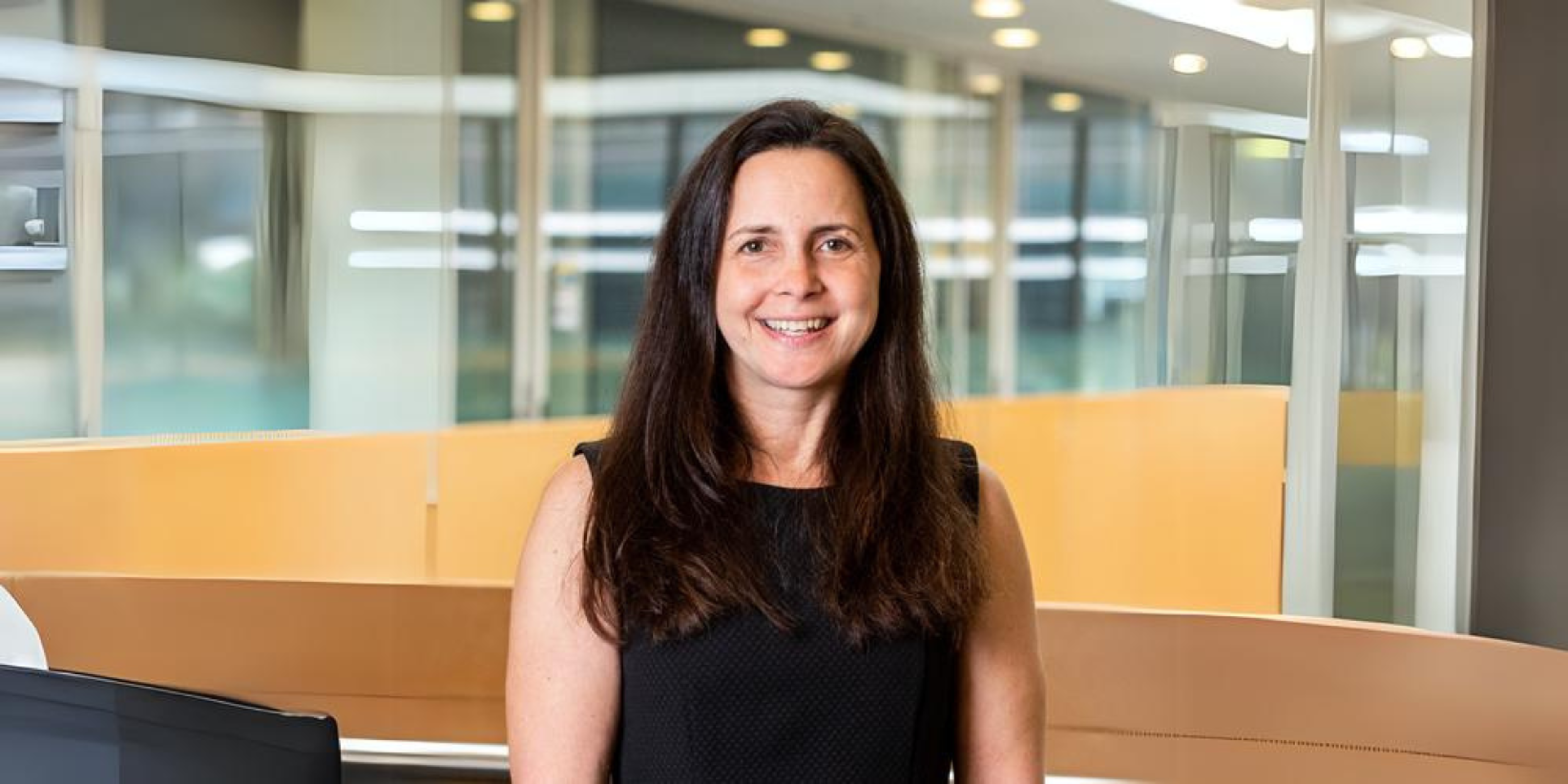In September 2018, the PLuS Alliance launched an innovative research programme designed to enhance the global and cross-disciplinary skills and perspectives of the next generation of research leaders.
The PLuS International Interdisciplinary Researcher or PIIR programme, with the combined strengths of three leading research universities - Arizona State University (ASU), King’s College London, and UNSW Sydney - provided early career researchers (up to 5 years post PhD award) with training in developing global networks, working across transdisciplinary teams, communicating research and leadership and career development.
To be granted a PIIR certificate, researchers had to complete the core 1-year programme, which included a blend of online courses, in-person meetings at each institution, workshops, and monthly webinars with all partners. Researchers were also required to develop one scholarly output, such as a conference poster, funding proposal or policy position paper. Co-mentoring by faculty at different universities was encouraged, and researchers had the opportunity to apply for funds to support travel to one of the PLuS Alliance institutions.
The research focussed programme gave the post docs the opportunity in person at King’s in London and UNSW in Sydney to address some of the most pressing challenges facing the world across the UN SDGs and embedded in the PLuS Alliance’s key themes: global health, sustainability, social justice, and technology & innovation. Thirty post docs from the three universities participated in the programme. Three of the researchers Roxanne Keynejad, Manisha Yapa and Poushali Ganguli have now written a peer reviewed paper in the online journal Humanities & Social Sciences Communications on how other approaches to interdisciplinary training can enhance clinical-academic progress in the post-COVID-19 era. Despite several frameworks promoting interdisciplinary collaboration, specialists continue to be segregated by funding, training, and departmental structures. The authors argue that international university partnership models and interdisciplinary training for early career researchers expose participants to new perspectives and integrate wider determinants of, for example, health into future research and practice. As university communities strive to “build back better” find out how the radical re-evaluation of boundaries and connections in academia can act as a springboard to help to achieve this.
Click below to read the paper in full.


